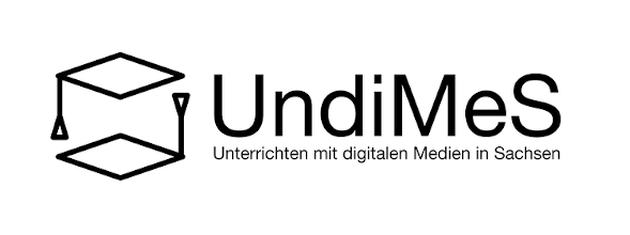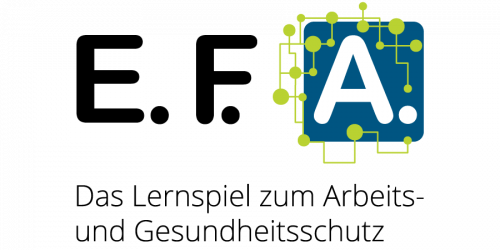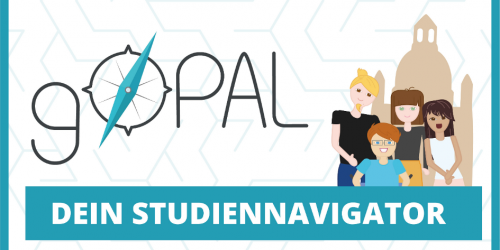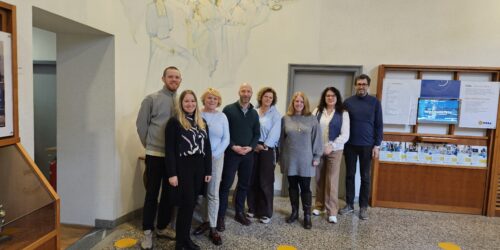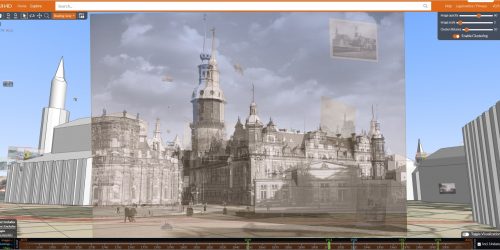Digitalisation in vocational training: The DiBBLok project team is investigating factors influencing successful cooperation between learning locations
The dual system of vocational training is characterized by the cooperation between different learning locations. How the cooperation between different actors in vocational training (learning location cooperation) can be as successful as possible is the central question of the joint project “DiBBLok”.
The object of the study is the online report booklet "BLok". Using user information on this instrument, the research project aims to find answers to the following questions, among others, based on a specially developed, comprehensive research model:
- What is the most important reason for using a digital report book?
- How can the acceptance of such an instrument be improved?
- And what significance do factors such as age, gender or personality have in this context?
A research model was developed for the research project, which is based on acceptance research in software development and consumer marketing. Acceptance research systematically investigates reservations about technological applications [1], [2]. Various factors are taken into account that can influence the intention to use digital applications. Based on the Unified Theory of Acceptance and Use of Technology (UTAUT) [2], which has already been tested in the application context of educational technologies [3], in addition to the perceived ease of use, perceived usefulness, perceived availability, and perceived skepticism, personal factors such as age, gender, personality, or digital skills are systematically examined in the article.
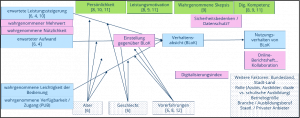
Figure 1: User Acceptance of Information Technology (UTAUT, own illustrations based on Davis et al. 1989 [1] & Venkatesh et al. 2003 [2]
These factors shown in Figure 1 were collected between October and December 2020 using a nationwide online survey. The extensive data sets of the 762 trainees and company trainers are currently being evaluated.
Eight directed and undirected hypotheses were derived from the research model, the results of which are currently being evaluated. Four hypotheses are intended to provide an exemplary insight into the current evaluation and the expected results:
- The easier the digital report book is to use, the more frequently BLok will be used.
- There is a connection between the subjective assessment of digital media competence and the frequency of use of the digital report book.
- There is a connection between personality structure and the frequency of use of the digital report book.
- There is a negative correlation between perceived skepticism and the frequency of use of the digital report book.
In addition, the influence of factors such as age and gender on the use of BLok is investigated and evaluated.
The data being evaluated report systematic influencing factors that can shape the frequency of use of educational technologies in vocational training. The quantitative study thus investigates successful digital transformation processes in vocational training, as the digitization of learning location cooperation can be seen as an important indicator of an advanced level of digitization in the institutions involved. Based on the findings of the upcoming evaluation of the quantitative survey, conditions for success for a functioning learning location cooperation can be derived and thus an important contribution can be made to further improving the processes within vocational training.
Authors: Nadine Schaarschmidt, Felix Schilk, Maybritt Schrader
literature
[1] Davis, Fred D.; Bagozzi, Richard, P.; Warshaw, Paul. R. (1989): User Acceptance of Computer Technology. A comparison of two theoretical models. In: Management Science Vol. 35 (8), pp. 982–1003.
[2] Venkatesh, Viswanath; Morris, Michael G.; Davis, Gordon B.; Davis, Fred D. (2003): User Acceptance of Information Technology: Toward a Unified View. In: MISQ - Management Information Systems Quarterly (Vol. 27 (3)), pp. 425–478.
[3] Nistor, Nicolae; Wagner, Maximilian; Heymann, Jan O. (2012): Predictors and moderators of the acceptance of educational technologies. The Unified Theory of Acceptance and Use of Technology under scrutiny. In: Empirical Pedagogy, Vol 26 (3), p. 343–371.

